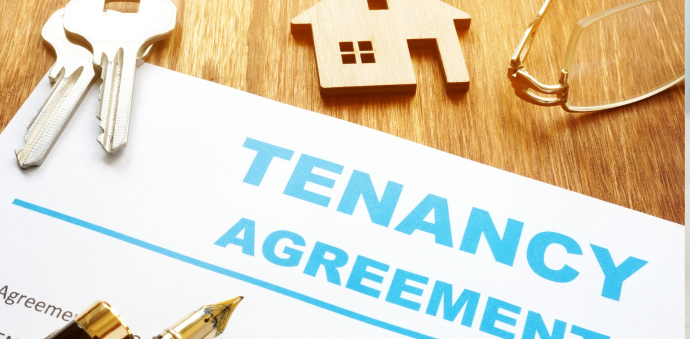
Living in a rented home should feel safe, fair, and secure. If you're feeling overwhelmed with confusing rental laws or dealing with unresponsive landlords, you're not alone. Empowering yourself with knowledge about North Carolina tenant rights in 2025 is the first step toward reclaiming your peace of mind and getting the help you deserve.
This guide provides clear answers to common tenant concerns, highlights your legal protections, and offers solutions plus strong calls to action so you know exactly how to seek expert support.
Your landlord must provide you a rental home that is safe and livable. This includes maintaining:
If your home becomes unfit to live in and your landlord doesn't resolve the issue promptly after notice, you may have grounds to end your lease or take legal action.
Landlords are required to make necessary repairs within a “reasonable period of time” after being notified, especially for urgent problems affecting health or safety. For emergency situations, action should be immediate.
Your right to privacy matters. Landlords are expected to provide reasonable notice before entering your unit except in emergencies and perform repairs with minimal intrusion.
It is illegal for landlords to discriminate against tenants based on race, color, religion, national origin, sex, disability, or family status. This also applies to most housing-related decisions, from advertising to lease terms. The Fair Housing Act ensures these protections.
Landlords can usually require a security deposit, but the amount is limited depending on lease type, typically one or two months’ rent. They must place your deposit in a trust account and return it (minus legal deductions) after you move out, providing an itemized statement of any deductions. North Carolina General Statutes dictate these regulations; for instance, G.S. 42-51 specifies the maximum allowable deposit and timeframe for return.
Landlords must give advance notice before increasing rent, ending your lease, or pursuing eviction. For example, most nonpayment evictions require a minimum 10-day “pay or quit” notice. Lease terms are not allowed to change without your consent until renewal.
Struggling with repairs, unlawful eviction, rent increases, discrimination, or any hostile rental situation?
Contact us today for a free consultation. Our team specializes in North Carolina tenant rights, reviews your case, and provides step-by-step support to defend your home, recover your deposit, or force needed repairs.
Don’t stay frustrated or fearful; let our experts fight for you. Reach out now for clear answers and compassionate legal guidance rooted in the latest 2025 laws.